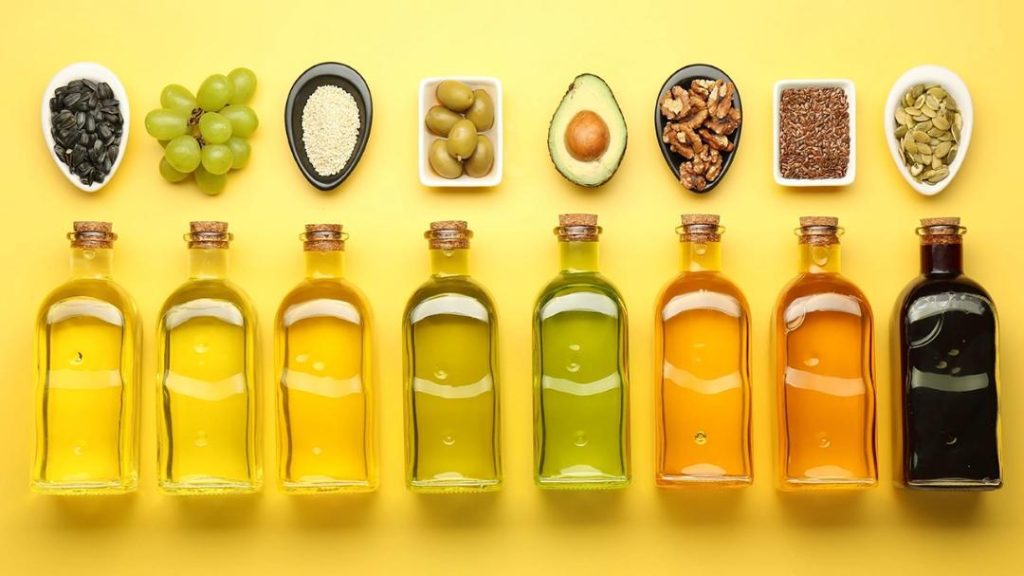
What Do Experts Say About Health Hazards & Benefits of Seed Oils?
Seed oils have been a topic of controversy in recent years, with some critics claiming that they pose significant health hazards due to the presence of unsaturated fatty acids and the toxic byproduct of hexane, a chemical considered hazardous in gaseous form. However, experts in the field of food science have come forward to debunk these myths and reveal the science behind the benefits and risks of seed oils.
One of the main concerns surrounding seed oils is the use of hexane as a solvent during the extraction process. Hexane is a chemical that is considered hazardous in gaseous form, and some critics argue that it can leave behind toxic residues in the final product. However, according to Massachusetts University Food Science Professor Eric Decker, the residue of hexane in seed oil is not dangerous.
“In the United States, the Food and Drug Administration (FDA) has set a limit of 0.5 ppm (parts per million) for hexane in food products,” Decker explained. “Seed oils are far below this limit, and the FDA has deemed them safe for human consumption.”
Another concern about seed oils is their potential to increase inflammation in the body. Some critics argue that the high levels of omega-6 fatty acids in seed oils can lead to chronic inflammation, which is associated with a range of health problems, including cardiovascular disease, cancer, and autoimmune disorders. However, according to Ohio University Food Science Professor, seed oils do not increase acute or chronic inflammation markers.
“We have conducted studies on the effects of seed oils on inflammation, and our findings suggest that they do not increase inflammation markers,” the professor said. “In fact, some seed oils, such as sunflower oil, have been shown to have anti-inflammatory properties.”
So, what are the benefits of seed oils? One of the main advantages of seed oils is their high levels of unsaturated fatty acids, which can help to lower cholesterol levels and reduce the risk of heart disease. Additionally, seed oils are a good source of antioxidants, which can help to protect the body against free radicals and oxidative stress.
Another benefit of seed oils is their versatility. They can be used in a variety of dishes, from salad dressings to baked goods, and can be used as a healthy alternative to traditional cooking oils.
In conclusion, while seed oils have been the subject of controversy in recent years, the experts agree that they are safe for human consumption and do not pose significant health hazards. In fact, seed oils have a range of benefits, including their high levels of unsaturated fatty acids and antioxidants. So, the next time you’re cooking, consider reaching for a seed oil instead of a traditional cooking oil.






